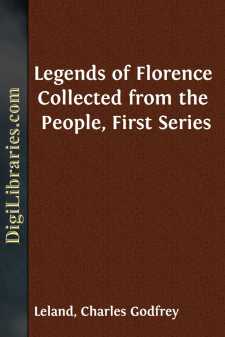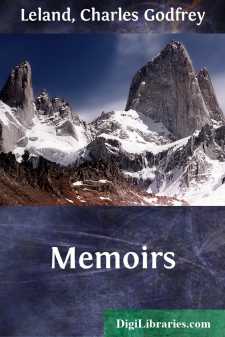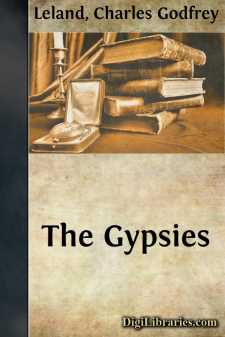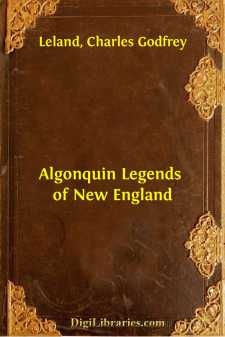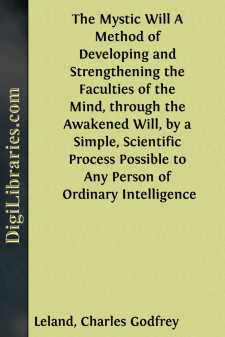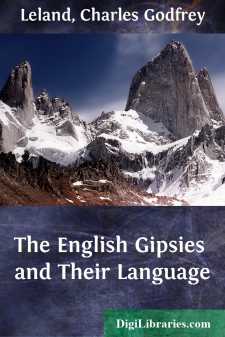Categories
- Antiques & Collectibles 13
- Architecture 36
- Art 48
- Bibles 22
- Biography & Autobiography 813
- Body, Mind & Spirit 142
- Business & Economics 28
- Children's Books 17
- Children's Fiction 14
- Computers 4
- Cooking 94
- Crafts & Hobbies 4
- Drama 346
- Education 46
- Family & Relationships 57
- Fiction 11829
- Games 19
- Gardening 17
- Health & Fitness 34
- History 1377
- House & Home 1
- Humor 147
- Juvenile Fiction 1873
- Juvenile Nonfiction 202
- Language Arts & Disciplines 88
- Law 16
- Literary Collections 686
- Literary Criticism 179
- Mathematics 13
- Medical 41
- Music 40
- Nature 179
- Non-Classifiable 1768
- Performing Arts 7
- Periodicals 1453
- Philosophy 64
- Photography 2
- Poetry 896
- Political Science 203
- Psychology 42
- Reference 154
- Religion 513
- Science 126
- Self-Help 84
- Social Science 81
- Sports & Recreation 34
- Study Aids 3
- Technology & Engineering 59
- Transportation 23
- Travel 463
- True Crime 29
Legends of Florence Collected from the People, First Series
Description:
Excerpt
PREFACE
This book consists almost entirely of legends or traditions of a varied character, referring to places and buildings in Florence, such as the Cathedral and Campanile, the Signoria, the Bargello, the different city gates, ancient towers and bridges, palaces, crosses, and fountains, noted corners, odd by-ways, and many churches. To all of these there are tales, or at least anecdotes attached, which will be found as entertaining to the general reader as they will be interesting, not to say valuable, to the folklorist and the student of social history; but here I must leave the work to speak for itself.
I originally intended that this should be entirely a collection of relics of ancient mythology, with superstitions and sorceries, witchcraft and incantations, or what may be called occult folk-lore, of which my work on “Etruscan-Roman Remains in Popular Tradition” consists, and of which I have enough additional material to make a large volume. But having resolved to add to it local legends, and give them the preference, I found that the latter so abounded, and were so easily collected by an expert, that I was obliged to cast out my occult folk-lore, piece by piece, if I ever hoped to get into the port of publication, according to terms with the underwriters, following the principle laid down by the illustrious Poggio, that in a storm the heaviest things must go overboard first, he illustrating the idea with the story of the Florentine, who, having heard this from the captain when at sea in a tempest, at once threw his wife into the raging billows—perche non haveva cosa più grave di lei—because there was nought on earth which weighed on him so heavily.
There are several very excellent and pleasant works on Old Florence, such as that portion devoted to it in the “Cities of Central Italy,” by A. J. C. Hare; the “Walks about Florence,” by the Sisters Horner; “Florentine Life,” by Scaife; and the more recent and admirable book by Leader Scott, which are all—I say it advisedly—indispensable for those who would really know something about a place which is unusually opulent in ancient, adventurous, or artistic associations. My book is, however, entirely different from these, and all which are exclusively taken from authentic records and books. My tales are, with a few exceptions, derived directly or indirectly from the people themselves—having been recorded in the local dialect—the exceptions being a few anecdotes racy of the soil, taken from antique jest-books and such bygone halfpenny literature as belonged to the multitude, and had its origin among them. These I could not, indeed, well omit, as they every one refer to some peculiar place in Florence. To these I must add several which remained obscurely in my memory, but which I did not record at the time of hearing or reading, not having then the intention of publishing such a book.
It has been well observed by Wordsworth that minor local legends sink more deeply into the soul than greater histories, as is proved by the fact that romantic folk-lore spreads far and wide over the world, completely distancing in the race the records of mighty men and their deeds. The magic of Washington Irving has cast over the Catskills and the Hudson, by means of such tales, an indescribable fascination, even as Scott made of all Scotland a fairyland; for it is indisputable that a strange story, or one of wild or quaint adventure, or even of humour, goes further to fix a place in our memory than anything else can do. Therefore I have great hope that these fairy-tales of Florence, and strange fables of its fountains, palaces, and public places—as they are truly gathered from old wives, and bear in themselves unmistakable evidences of antiquity—will be of real use in impressing on many memories much which is worth retaining, and which would otherwise have been forgotten.
The manner in which these stories were collected was as follows:—In the year 1886 I made the acquaintance in Florence of a woman who was not only skilled in fortune-telling, but who inherited as a family gift from generations, skill in witchcraft—that is, a knowledge of mystical cures, the relieving people who were bewitched, the making amulets, and who had withal a memory stocked with a literally incredible number of tales and names of spirits, with the invocations to them, and strange rites and charms. She was a native of the Romagna Toscana, where there still lurks in the recesses of the mountains much antique Etrusco-Roman heathenism, though it is disappearing very rapidly. Maddalena—such was her name—soon began to communicate to me all her lore. She could read and write, but beyond this never gave the least indication of having opened a book of any kind; albeit she had an immense library of folk-lore in her brain. When she could not recall a tale or incantation, she would go about among her extensive number of friends, and being perfectly familiar with every dialect, whether Neapolitan, Bolognese, Florentine, or Venetian, and the ways and manners of the poor, and especially of witches, who are the great repositories of legends, became in time wonderfully well skilled as a collector. Now, as the proverb says, “Take a thief to catch a thief,” so I found that to take a witch to catch witches, or detect their secrets, was an infallible means to acquire the arcana of sorcery. It was in this manner that I gathered a great part of the lore given in my “Etruscan-Roman Remains.” I however collected enough, in all conscience, from other sources, and verified it all sufficiently from classic writers, to fully test the honesty of my authorities....


